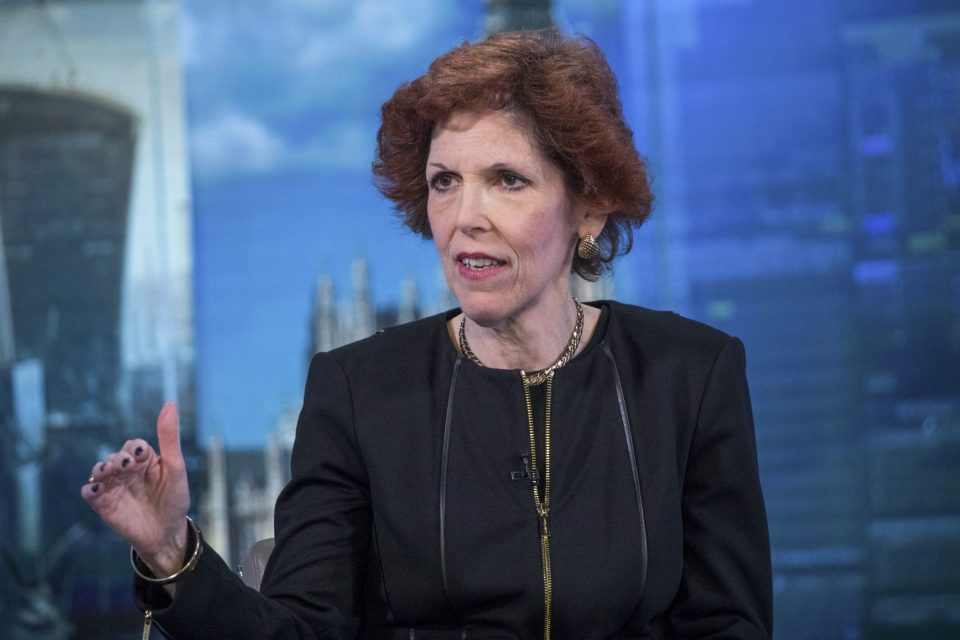KEY POINTS
- “There’s more pain out there that we’re going to have to support the economy through,” Loretta Mester, president of the Cleveland Fed.
- “I think accommodative monetary policy is going to be very important throughout this recovery,” she said.
The Federal Reserve will have to keep supporting the economy because the healing from the coronavirus pandemic “is going to be a slow one,” a top official at the main bank stated Friday.
“There’s more pain out there that we’re going to need to support the economy through,” Loretta Mester, president of the Cleveland Fed, informed CNBC’s Steve Liesman during a “Squawk Box” interview. “What that appears like, we’re going to have to take our time to evaluate that, however, I think the accommodative financial policy is going to be important throughout this recovery.”
Previously this year, the Fed slashed rates to near no as the coronavirus break out required the U.S. economy to close down. The reserve bank likewise introduced an open-ended asset-purchasing program, in addition to other steps, to support the economy during this period. On Thursday, Fed Chairman Jerome Powell set out a groundbreaking inflation policy structure that would keep rates lower for longer.
Mester explained that high-frequency data taken a look at by the Fed reveals financial activity has slowed a bit since the country began to reopen.
“That’s what you’d expect. It’s going to befits and starts here,” Mester said. “It’s certainly real that, when the economy began to reopen, you saw better data on working with and you saw activity boost. But I believe the virus is sort of driving things.”
Coronavirus cases in the U.S. have ballooned to more than 5.8 million, according to information from Johns Hopkins University. However, the number of new everyday infections has tempered recently, remaining below 50,000 since mid-August.
“A minimum of in our district, we have seen a tempering in working with, and companies are reassessing the variety of new hires they wish to restore on board because they don’t know what the result is going to be,” Mester stated.

